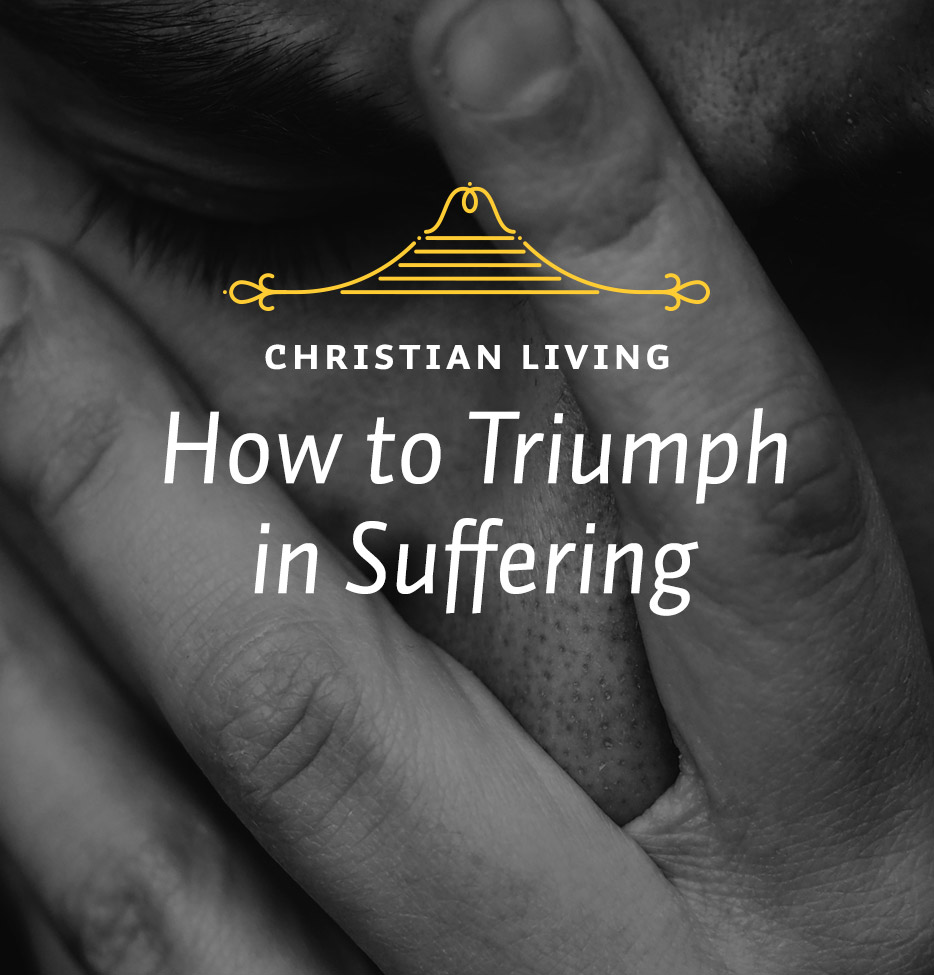I frequently visit a woman who’s been confined to a nursing home for many years. She has a form of acute, crippling arthritis that has left her unable to walk and she can’t even move. She’s unable to care for herself in many simple but necessary things. At times she is in almost unbearable pain. Still this woman speaks of the goodness and grace of God, not only to herself, but also to many others who are with her in that home. She knows real joy, and she shows it in the midst of suffering.
On another occasion I visited a man who was in the hospital with a serious coronary. Instead of complaining about his condition or about the medical service or some similar thing, he was thinking of all that the Lord had done for him in past days. And he was praying for those who were with him in the same room of the hospital. This man, like my other friend, knew what it meant to rejoice in the Lord. Both he and my other friend exercise a supernatural joy that is their birthright as Christians.
Jesus, you know, often promised joy to those who followed Him. The angel who announced His birth to the shepherds said, “Behold, I bring you good tidings of great joy, which shall be to all people. For unto you is born this day in the city of David a Savior, who is Christ the Lord” (Luke 2:10-11). Jesus said, “These things have I spoken unto you, that my joy might remain in you and that your joy might be full” (John 15:11). In John 17 Jesus prayed to His Father “that they might have my joy fulfilled in themselves” (v. 13). The possession of Christian joy in full measure is the secret of triumph in suffering.
But what is joy? Quite simply, joy is a supernatural delight in God and His goodness. When joy is at work, it transforms our entire outlook on life, even its unhappy parts. Perhaps I can better explain what joy is by contrasting it with happiness, because these are entirely different things. Every Christian attribute has its counterpart in the world. The world has passion; Christians have love. The world strives for security; Christians trust God. The world seeks self-gratification; Christians know peace, even in want. And in the same way, the world seeks happiness while Christians know joy.
Happiness is closely related to circumstances or chance. Even the word indicates this, for the word is a translation of a Latin word fortuna, which also means chance. Thus, if things happen to work out the way a particular individual approves, he is happy. “Happen” and “happy” are related. But if things do not work out his way, then he is unhappy, perhaps even miserable. In other words, happiness is circumstantial. So quite obviously, if we are depending upon some vague feeling of happiness to give us victory in suffering, then we’ll lose the battle. For our worsening circumstances will destroy it.






